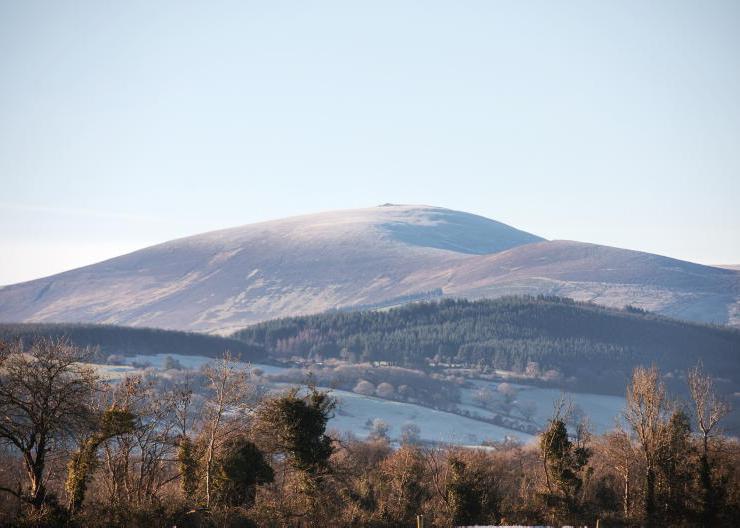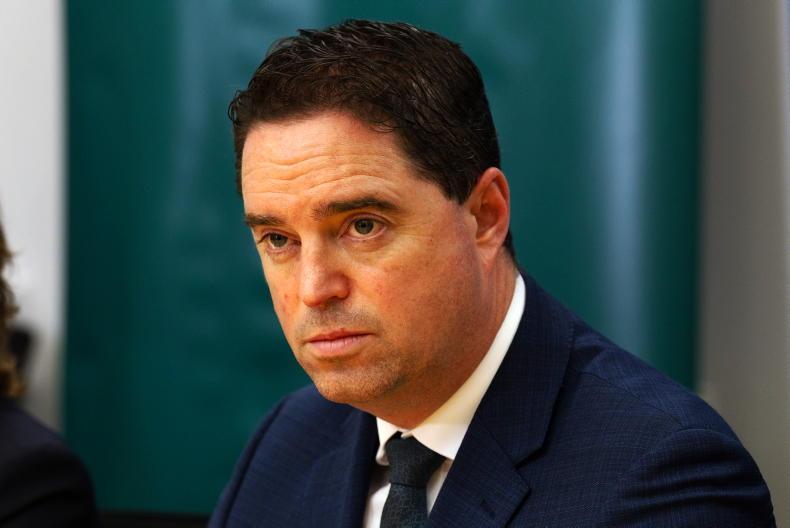At the recent virtually-held annual Brussels conference on the Forum for the Future for Agriculture (FFA), I listened to the competent and committed new US Secretary for Agriculture, Tom Vilsack.
He was crystal clear in what he wanted a food and agriculture policy to deliver – he wanted sufficient good food, he wanted it produced sustainably, he wanted open markets that were competitive and science-based rules, he wanted a regenerative agriculture and one that was carbon neutral by 2050.
He saw new income streams for farmers in sequestering carbon and stressed that, above all, an agricultural system must be economically sustainable for farmers.
The African representative, Agnes Kalabata, is the special UN representative for the Food Systems Summit, due to be held in September.
She was also Rwanda’s minister for agriculture, and oversaw the country’s transformation from being seriously food deficient to full self-sufficiency. Growing up on a farm herself, she is competent, informed and realistic. She argued strongly for sustainable intensification – otherwise we will, as she put it, “simply cut down another forest.”
It is with deep unease that I view his appointment as the special European Commission appointment to oversee the implementation of the Green Deal
The European Commissioner in this space is Franz Timmermans. He spoke of a much less intensive European agriculture with less fertiliser and plant protection products used, as well as the need to change food consumption patterns in Europe. In my opinion, Commissioner Timmermans came across as doctrinaire and agriculturally ill-informed.
It is with deep unease that I view his appointment as the special European Commission appointment to oversee the implementation of the Green Deal. His education, career to-date and his visible prejudices make him, in my view, singularly unsuitable for such a role and his presence, or that of his senior officials, at every Commission agricultural meeting seems inappropriate, but it is no wonder that the EU has failed to produce an estimate of the effects of the Green Deal/Farm to Fork strategy on farmers’ incomes.
What struck me the most was the abandonment by the European representative of all scientific rigour, with no mention of the huge contribution that science has made to improving the diets of the world’s people.
The head of Swiss agrichemicals firm Syngenta, Erik Fyrwald, pointed out that since 1960, food production has increased three-fold, with just an extra 13% of land brought into cultivation, while the World Health Organisation representative, David Nabarro, acknowledged that today, plenty of food is produced in the world, but 800m people are still hungry because they are unable to access food for various reasons among them wars and corruption.
Not surprisingly, carbon capture within agriculture and the part that soils, grazing and forestry can play was mentioned a lot
He too looked forward to the Food Systems Summit set to be held in September. Not surprisingly, carbon capture within agriculture and the part that soils, grazing and forestry can play was mentioned a lot.
All agreed that farmers should be paid for carbon friendly practices.
It was remarkable to see how the environmental benefits of grazing cattle were emphasised, in contrast to the damage done by feedlot systems.
All in all, it was a thought-provoking day with a chance to hear from key world players.
Normally, when it is held in Brussels, it is one of the largest agriculture conferences in the world, with over 1,500 attendees.








SHARING OPTIONS